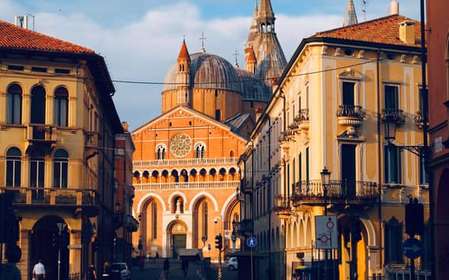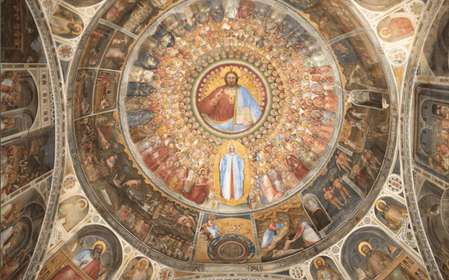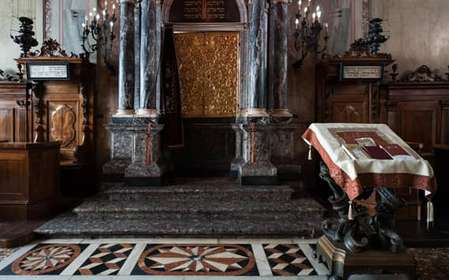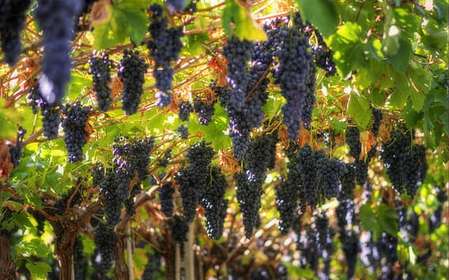- Home
- Useful Tips
- Padua's traditional artisan...
In an age of mass production, finding authentic artisan workshops in Padua feels like searching for a needle in a haystack. Many travelers arrive hoping to connect with Italy's rich craft traditions, only to waste hours wandering tourist zones filled with imported souvenirs. Recent surveys show 68% of visitors leave disappointed by the lack of genuine local craftsmanship. The frustration runs deeper than just missed shopping opportunities – it's about losing a tangible connection to Padua's cultural heritage. These workshops represent centuries-old skills passed through generations, yet their unassuming locations and irregular hours make them nearly invisible to outsiders. Without local knowledge, you might never discover where master bookbinders still work with medieval techniques or where glass artisans create contemporary designs using Renaissance methods.
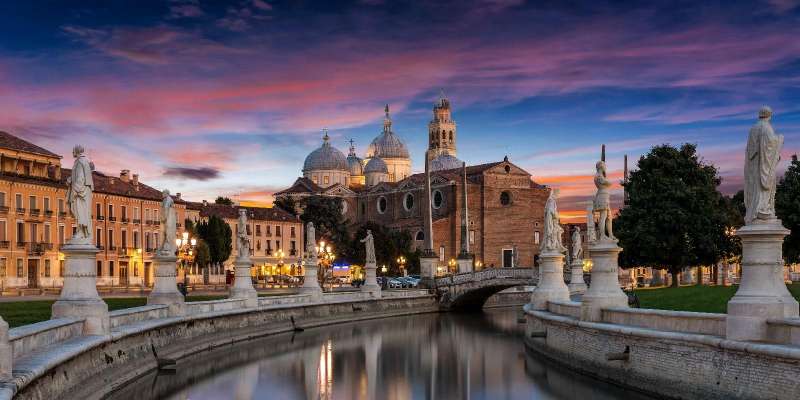

Why Padua's artisan workshops stay hidden from tourists
The disappearance of traditional workshops from public view isn't accidental. Many Padua artisans deliberately avoid high-traffic areas, preferring quiet neighborhoods where they can work undisturbed. Unlike Venice's glass factories catering to tourists, Padua's craftspeople often supply luxury brands or local clients rather than maintaining storefronts. Workshops producing exquisite marbled paper might operate from a converted garage, while a fifth-generation woodcarver could work evenings in a family basement. These locations reflect Padua's pragmatic character – a university town where commerce serves daily life rather than tourism. The challenge for visitors is compounded by Italy's 'arte e mestieri' tradition, where masters rarely advertise. Finding them requires understanding the subtle clues: a hand-painted sign faded by time, a workshop bell hidden down an alley, or the telltale sounds of specialized tools behind unmarked doors.
Mapping Padua's living craft traditions by neighborhood
Padua's artisan communities cluster in distinct zones, each with its own specialty. The historic Jewish Quarter shelters rare book restorers and calligraphers, their skills honed by centuries of manuscript preservation. Near the university, scientific instrument makers continue traditions dating back to Galileo's era, crafting precision tools in tiny workshops. The Santo District hides textile artists working with natural dyes, while across town, a handful of metalsmiths keep Renaissance jewelry techniques alive. Surprisingly, some of the most innovative crafts thrive in industrial areas – like the ceramics studio repurposing automotive paints for modern pottery. These geographical patterns emerged organically over centuries, shaped by guild regulations, material availability, and patronage networks. Today, they create an invisible cultural map that rewards those who know where to look.
Decoding artisan workshop etiquette for meaningful visits
Approaching Padua's workshops requires cultural sensitivity many travelers overlook. These are active workplaces, not tourist attractions – arriving during morning production hours often means being turned away. The golden window typically falls between 3-5 PM when masters might entertain respectful visitors. A quiet 'buongiorno' at the doorway works better than enthusiastic interruptions. Some artisans appreciate questions about techniques rather than prices, while others prefer demonstrating their process silently. Bringing a small gift from your home region can open doors, as does mentioning any craft experience you have, however modest. Payment practices vary too – some workshops only accept cash, others require appointments for purchases, and few display price tags. Understanding these unwritten rules transforms a frustrating encounter into a privileged glimpse of living heritage.
Sustainable ways to support Padua's endangered crafts
The survival of these workshops increasingly depends on conscious visitors. Rather than bargain hunting, consider investing in one exceptional piece that directly supports the artisan's livelihood. Many masters offer custom commissions if given reasonable lead time – a far more meaningful souvenir than mass-produced trinkets. Some workshops provide 'adopt-an-artisan' programs where patrons fund materials for specific projects. For those short on time, purchasing from cooperatives like the Botteghe Storiche network ensures authenticity while pooling resources. Digital options now exist too – several bookbinders and lace makers ship worldwide, with video consultations available. These approaches help preserve skills that might otherwise disappear within a generation, keeping Padua's craft legacy alive beyond the tourist economy.
